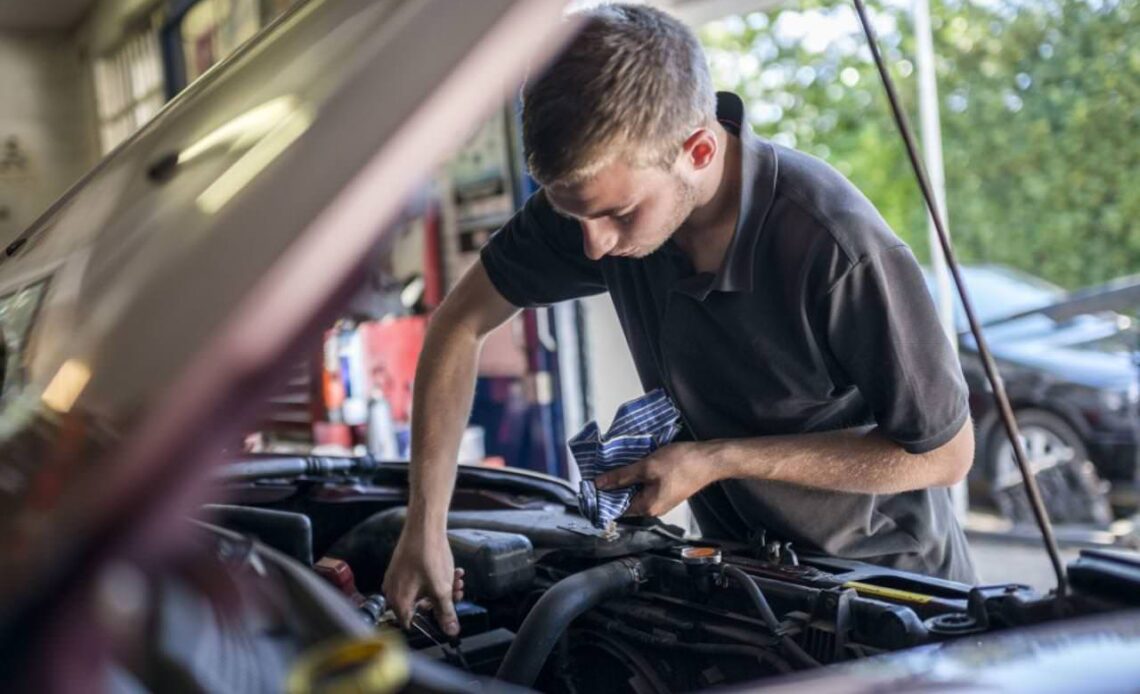1. Engine:
No other component in your automobile is as crucial as the engine. Its expected lifespan is quite variable. Engines have a minimum life expectancy of 150,000 miles and a maximum of 350,000 miles.
How long your engine lasts is directly proportional to how well you take care of it. For optimal performance, your car’s engine needs new fluids, unclogged exhaust, and spotless filters. Do check out: auto parts
How rough you are with your engine will shorten its lifespan. The life of your engine will be shortened if you often drive at maximum speeds, stop harshly, rev the engine excessively, or accelerate fast.
2. The Timing Belt :
The timing belt regulates the rotational timing of the crankshaft and camshaft, ensuring that the pistons and valves move in unison. If the timing belt breaks, the moving engine components may collide, resulting in engine seizure and the need for a complete engine replacement.
A timing belt will usually last anywhere from 60,000 to 100,000 kilometers. How long a given automobile or engine will last is variable.
As the rubber in the timing belt deteriorates, the belt becomes less effective. There is anything you are able to do to prevent this from happening. However, if you replace the timing belt when it’s supposed to, you’ll save money.
3. Starter:
When you turn the key in the ignition, the starter kicks in and helps the engine start. Starters have widely varying lifespans. However, with proper care, a starter may endure for the life of the vehicle.
Maintaining your vehicle’s tune-up schedule can help the starter last longer. If the car’s spark plugs aren’t working, starting it will need more cranking. The starter will wear out sooner if you do this.
4. Alternator:
The battery is recharged by the alternator, which is powered by the vehicle’s engine. When it breaks, instead of hearing the roar of the engine, turning the key will result in a clicking sound. It’s understandable if you immediately suspect a dead battery. However, even charging the battery, you still won’t be able to start the vehicle.
The number of electrical components in your vehicle and how often you drive will determine how long your alternator lasts (typically between 40,000 and 100,000 miles). When you take your automobile in for service, the mechanic should check the condition of the alternator.
5. Brake Pads:
Brake pads are a crucial part of every vehicle. Maintaining good brake pad health is essential to stopping swiftly in an emergency. If your brake pads are worn out, you should have them replaced immediately.
Brake pads usually need to be replaced every 30,000 to 70,000 miles. Life expectancy varies greatly according to a variety of circumstances.
Brake pads will wear out faster if you often use heavy and rapid braking. Brake pads will wear out faster in harsh conditions, such as high temperatures or driving on muddy or rough roads.
Brake pad longevity is very sensitive to brake pad quality.

